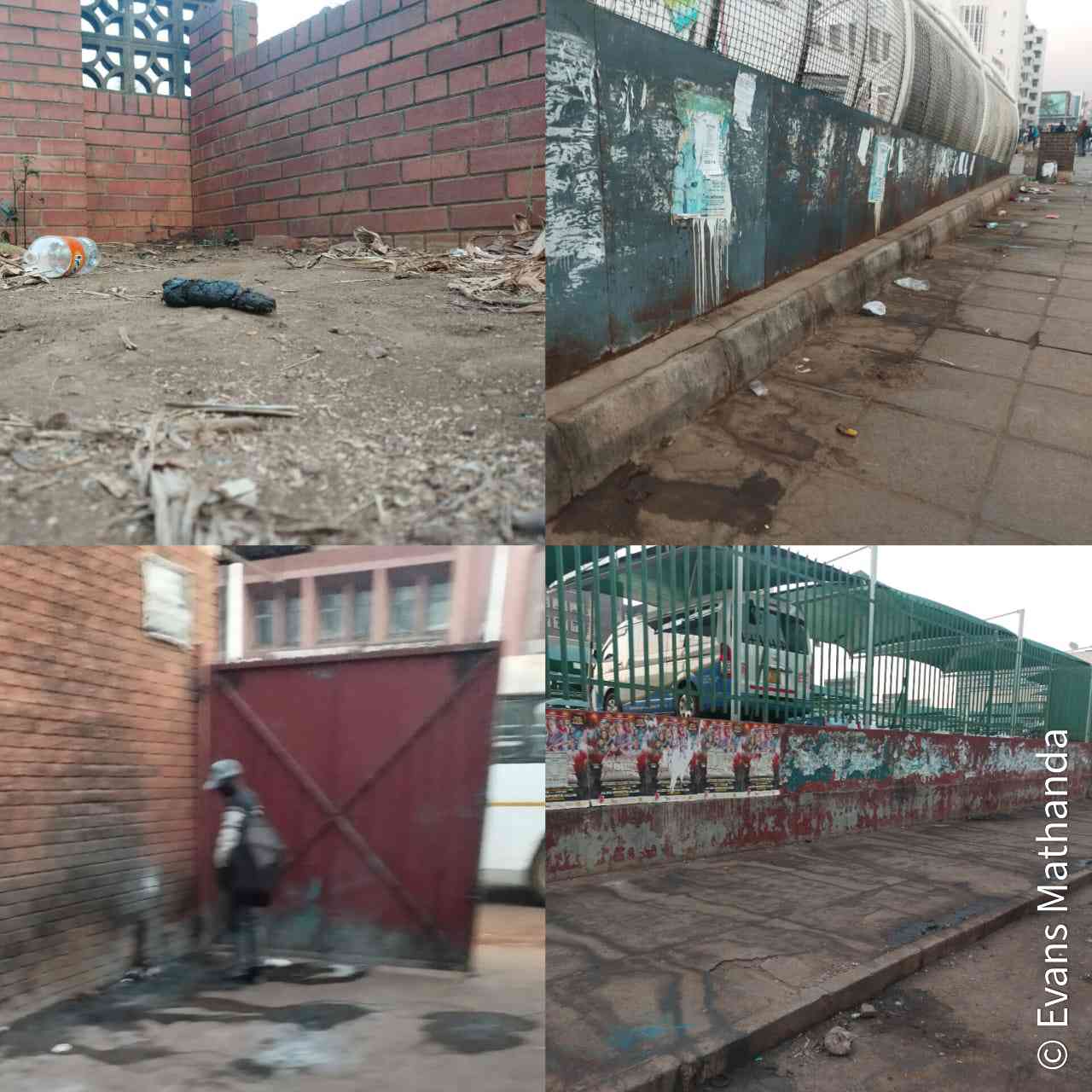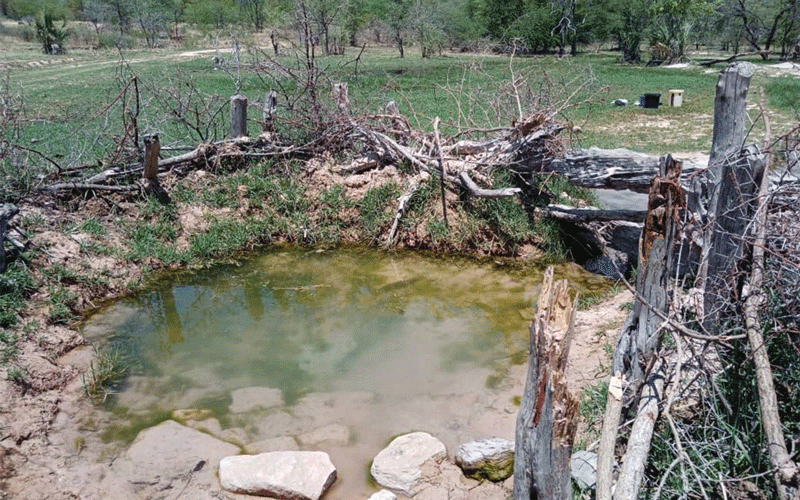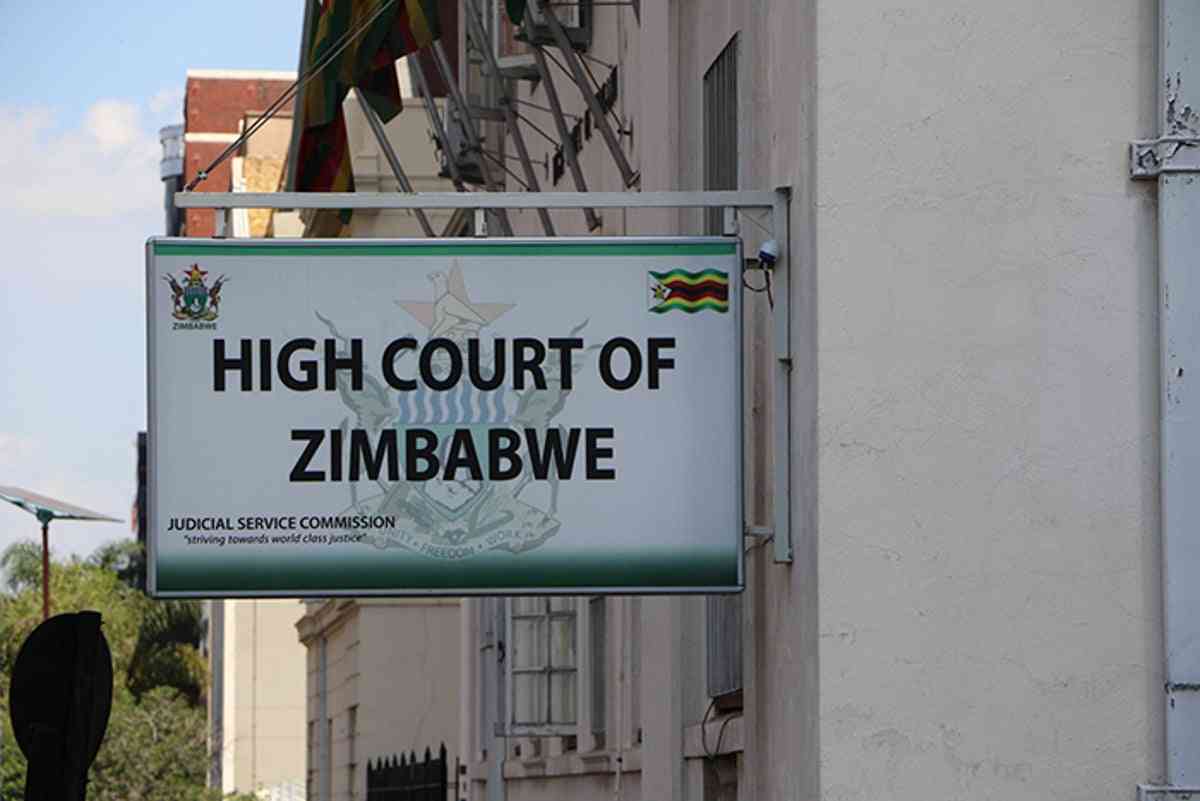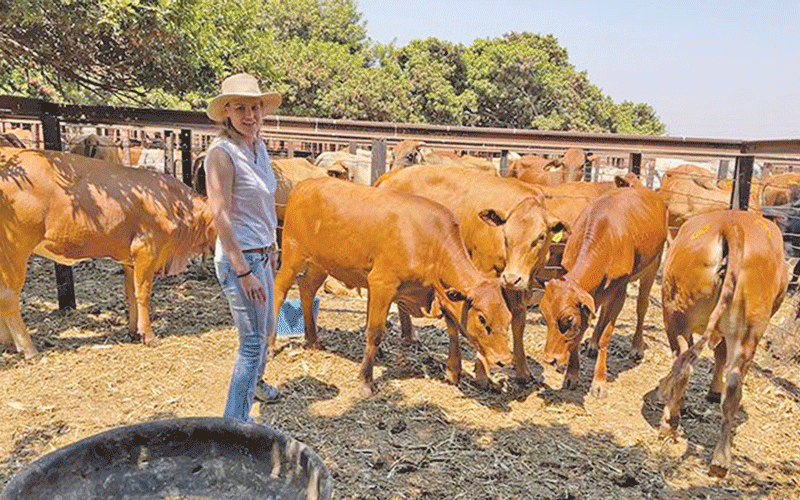
SALISBURY, which is now the country’s capital and known as Harare, was a symbol of hygiene a model city acclaimed for its glorious status.
During the early years of independence, the city began to lose its former glory culminating in the current degeneration that it has become due to gross mismanagement by both the city fathers and the central government.
But what went wrong?
Once a bustling city with a promising future, Harare, has morphed into an outrageous skit of itself.
It is a city now suffocating under a mountain of filth.
It has become a haunting testament to the dismal failure of governance.
The once-proud city is now a sprawling, open-air latrine, a place where the stink of human waste is as pervasive as the air itself.
The strict laws which used to set boundaries to keep the Sunshine City clean are now a thing of the past.
- Harare cancels Pomona waste deal
- Devolution gains remain a mirage
- Harare cancels Pomona waste deal
- Pomona saga: Harare handed shock US$750k ‘garbage’ bill
Keep Reading
Open defecation has become the norm.
Pavements, parks and the downtown aisle have been transformed into impromptu toilets, some even sex nests.
The city’s once-vibrant spaces are now littered with the stark reminders of a population forced to resort to such degrading acts.
People walk around conducting their business amid human waste, their bravery tainted by the harsh realities of their environment.
Veteran talkshow host Rebecca Chisamba, popularly known as Mai Chisamba, said Harare’s famed culture of cleanliness has veered off the African concept of “Ubuntu”
“Hatichakoshese pekubvisira hembe, takungozvibatsira pesepese (We no longer value appropriate places to relieve ourselves),” Chisamba told NewsDay Weekender.
“We have lost our Afrocentric ideologies by copying western cultural beliefs. We are Africans who should stick by our old culture of Ubuntu. We used to have toilets called latrines and everyone knew that as a place to relieve themselves.
“We had communal latrines which were well taken care of. Even in school, hygiene was taught as a subject and we learnt a lot during our school days.”
She added: “The naked human body was sacred, we valued ourselves. I am not criticising men, but this behaviour is more common among males than females. They see toilets everywhere.
“Open defecation and public urination are dangerous hazards to people’s health everywhere, not only in Harare.”
Investigations done by the NewsDay Weekender have revealed that to some, it is not a deliberate action of open defecation and public urination, but the shortage of clean public toilets in the central business district (CBD).
Human waste dominates areas like Innez Terrace, which runs next to the Main Post Office from Nelson Mandela Avenue right through to Kenneth Kaunda Avenue, Speke Avenue near the footbridge, Harare Gardens and Copacabana bus terminus, as well as along sanitary lanes.
National police spokesperson Commissioner Paul Nyathi said open defecation and public urination is a public nuisance, an environmental problem which warrants arrest, adding that there are regulations which cover public health and people’s safety.
“It is a public nuisance, an offence which warrants arrests. If such people are seen urinating or defecating in public, they must be arrested,” Nyathi said.
“We encourage the public to report such public nuisance. We have been doing awareness campaigns with EMA [Environmental Management Agency], the local authorities and the Health ministry.”
A woman who works in the CBD, Sharon Chaisa, said: “I don’t think these are street children doing such bad behaviour, but normal people opting to relieve themselves in alleys and dark corners of the city leaving bad smells everywhere in the city.”
Harare City Council (HCC) authorities have been promising to improve the standards of the city to ensure there are enough ablution facilities in the CBD.
However, this has taken longer than expected.
Council spokesperson Stanley Gama said there would be construction of new toilets around the city.
He added that the population had far outgrown the facilities they already have, hence they need to construct more toilets.
“We will be constructing new toilets around the city and at the same time, people can use mobile toilets. Council has also resolved to install water tanks to make sure we have enough working ablution facilities at any given time,” Gama said.
Harare’s deterioration is a tragedy of epic proportions amid a surge in waterborne diseases such as cholera.
EMA spokesperson Amkela Sidange said they do not have laws that fall under open defecation and public urination.
Sidange then referred NewsDay Weekender to the Health and Child Care ministry.
Harare director for health services Prosper Chonzi said the widespread open defecation in undesignated areas in the CBD was a serious health problem that results in waterborne diseases.
“Open defecation is a serious issue. It is totally unacceptable from a public health point of view,” Chonzi said.
“The unavailability of toilets and the general increase in the number of people in the CBD at any given time, including vendors who spend nights in the CBD, is a cause of concern.
“The city has the mandate to make sure that there are enough toilets. Unfortunately, we have some paid toilets, but people don’t have the money to pay.
“A dollar is a lot of money to some people, which is why we end up with people relieving themselves anyway.
“It is fortunate now that we are not in the rainy season, but imagine when it starts raining and the rains wash all those things to the sources of drinking water.”
Zimbabwe today hosts the Sadc Heads of State and Government Summit.
Delegates might be impressed by the flags waving along the streets, but they will be shocked by the state in which Harare has turned into a public toilet.











